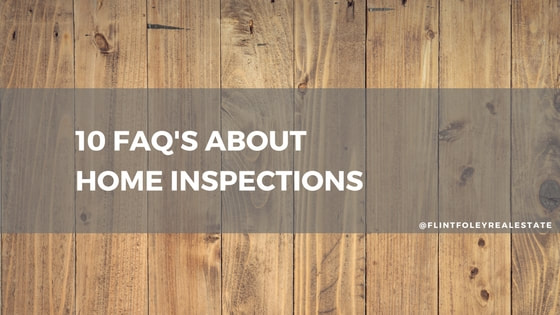Purchasing a house is a huge step for many people. It is a smart move, and often a mandatory requirement by a funding source, to have the home inspected prior to purchase. This step will help the potential home buyer weed through the lemons on the housing market and become aware of issues that need attention prior to purchase.
1. Is It Okay to Perform the Inspection Myself?
Inspecting your own potential house is not recommended. Home inspectors are specially trained to look for things you may miss. Unless you are a home inspector yourself, seek out a professional. Some states or financial lenders require a licensed inspector to complete the inspection.
2. What Is the Cost of a Home Inspection?
The cost of a home inspection usually comes out of pocket for the potential homebuyer. Shop around and talk to a variety of home inspectors, especially if you have never used one before. Keep a running list of comparative information on each inspector. Costs can vary, depending on the size of the home and the region in which you are making your purchase. According to the U.S. Department of Housing and Urban Development, a typical range might be between $300 and $500.
3. What Is Covered Under This Inspection?
Not all home inspectors cover the same things and each state has legal requirements for home inspections. This does not guarantee that the inspector you choose will automatically inspect for those required items. Before calling your list of inspectors, make sure you that you educate yourself on the list of state requirements for inspections.
4. How Much Experience Does the Inspector Have?
Inquire about the inspector’s level of experience and ask for references. Inspectors who are confident in their service should willingly supply you with a list of references that can confirm they provide quality service.
5. How Long Will the Inspection Take?
Knowing the length of time for an inspection is important because you usually have to arrange a time with the realtor and the current owner for the inspector to examine the house. Since an inspection usually involves looking at pipes, wiring, roofing, and areas that may be hard to reach, it may require hours to complete. The home inspector you choose should provide you with an accurate estimate of how long the inspection is expected to take.
6. Does the Inspector Need to Specialize in Residential Inspection?
Ask about an inspector’s specialties. There are various types of real estate, and all need varying forms of inspection before purchase. Commercial real estate is different from residential real estate, which is different from multi-family real estate.
7. What Type of Inspection Report is Supplied and How Long Does it Take to Submit?
In many states, a report showing that an inspection was completed and what the inspection found is required before purchase. As with the specific state requirements for what is inspected, there is usually a requirement for what is listed on the form.
8. Is Anyone Allowed or Required to Attend the Inspection?
The home inspection is a valuable experience for you as a home buyer and future home owner. The inspector should allow you to attend the inspection. You will be able to see first hand what potential problems exist now or may arise soon. Knowing what looks normal and what a problem looks like will help you later in maintaining your home.
9. Is it Possible for a Home to Fail an Inspection?
The inspection is designed to tell you what needs to be repaired on the house. There may be some requirements that the house needs to meet in order for your financial lender to lend you the money for the home. This does not mean that the house has “failed” the inspection and will not be able to be sold.
10. What Happens if There Are Problems Found During the Inspection?
There are potential problems that can come up during inspections. The seller of the home is not automatically required to repair any problems that the inspector finds. As the buyer, you can negotiate for the repairs to be made before you buy the home. If the seller is not willing to do the repairs for you, you will need to make other arrangements or terminate the contract. If you still want to purchase the house but are unable to get the financial lender to approve the loan until the repairs are made, you may have to make the repairs at your own expense.
Source

